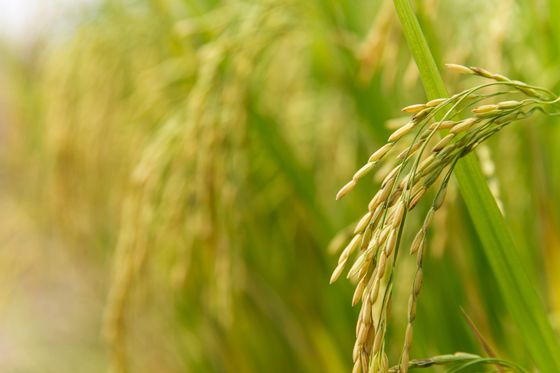The Project
 CropBooster-P is organized into 6 work packages and basically, all partners are involved in most of them. In addition, every works package also will involve members of our Stakeholder Group.
CropBooster-P is organized into 6 work packages and basically, all partners are involved in most of them. In addition, every works package also will involve members of our Stakeholder Group.
Work package 1 is called “Research Toolbox” and is led by Lancaster University. The aim of this work package is to assess the current scientific and technical options available to improve crop plants, of course without compromising crop quality. In this work package literature research and data-mining is used to get a comprehensive overview of the current state-of-the-art in the field. In addition, ETP-Plants for the Future will take the lead in organizing a “forward looking” workshop. In this workshop we will together with our stakeholders develop future scenario’s how the different options to improve crop plants would work out when extrapolating the current state-of-the-art.
Next, in work package 2 “Economic, Social and Environmental Impact” an analysis will be made of the effects that the scenario’s that are developed in work package 1 will have on society. This will be led by INRA and one of the hallmarks of this work package will be the organization of a number of different Expert Workshops to assess the economic, social en environmental effects that the implementation of different options to improve crops will cause. Amongst the workshops that we will organize are a Farmer Focus Group, organized by ACTA, a Non-farmer Expert Focus Group, organized by Plant-ETP, a Business Expert Focus Group, organized by the European Seed Association and a Consumer Expert Focus Group, organized by Wageningen University.
Work package 3 “Societal Needs and Expectations”, led by the Julius Kühn Institute, has the important task to involve consumers, citizens and NGO’s in the development of the Roadmap that CropBooster-P ultimately will deliver. Following a responsible research and innovation strategy, we thrive to involve non-expert stakeholders throughout the entire project in order to come to solutions that will have an as broad as possible support in society. In order to achieve this, we will amongst others organize regional workshops with farmers and consumers in Eastern Europe, organized by the University of Agricultural Sciences and Veterinary Medicine Cluj-Napoca, in the Mediterranean area, organized by Consiglio Nazionale delle Ricerche and in North-Western Europe, organized by Wageningen University. In addition, we will have dedicated workshops to develop communication strategies towards industry, organized by the European Seed Association, and towards European farmers, organized by Plant-ETP. Finally, almost at the end of the project, a pre-final draft version of the Roadmap will be scrutinized by a Citizen Jury, organized by Wageningen University.
 INRA will be leading work packages 4 “International Cooperation”, in which we will bring together networks and community of researchers to build a consensus among requirements of sustainable strategies to improve crop yield and nutritional quality at European scale. We will do this by first mapping these networks and then organizing joint meetings and conferences and by drafting joint white papers.
INRA will be leading work packages 4 “International Cooperation”, in which we will bring together networks and community of researchers to build a consensus among requirements of sustainable strategies to improve crop yield and nutritional quality at European scale. We will do this by first mapping these networks and then organizing joint meetings and conferences and by drafting joint white papers.
Finally, workpackage 5 “Strategy Development” will bring it all together. This work package, led by Wageningen University, will digest and amalgamate the results of the all the other work packages and will draft the Roadmap for the European Commission. This Roadmap will present the different scenarios that have been developed to future proof our crop plants, tested by expert panels and scrutinized by stakeholders from society. In addition, the Roadmap will include a fully worked out plan as how a large European research program could be developed and run to carry out the research proposed in the Roadmap.
Of course, there is also management and governance involved in running a project like CropBooster-P and those activities are the realm of work package 6 ”Management and Stakeholder Involvement”. This work will be led by Wageningen Research with an important role for EPSO as responsible partner for interactions with our stakeholder group.